All Stories
-
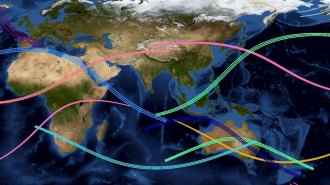 Space
SpaceExplore a map of the next 15 total solar eclipses
Check out our interactive map showing the path and timing for every total solar eclipse from 2024 to 2044.
-
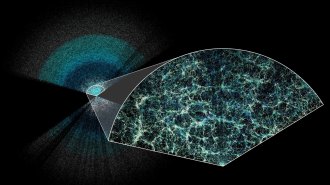 Cosmology
CosmologyThe largest 3-D map of the universe reveals hints of dark energy’s secrets
A year of data from DESI, the Dark Energy Spectroscopic Instrument, suggests that, contrary to expectations, dark energy might vary over time.
-
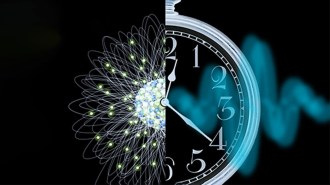 Physics
PhysicsPhysicists take a major step toward making a nuclear clock
By tweaking the energy of a thorium nucleus with a laser, scientists demonstrated a key step to building clocks based on the physics of atomic nuclei.
-
 Astronomy
AstronomyHow a 19th century astronomer can help you watch the total solar eclipse
Astronomer Maria Mitchell’s observations of total solar eclipses from more than 100 years ago hold tips that are still relevant for watching an eclipse.
-
 Climate
Climate‘On the Move’ examines how climate change will alter where people live
Journalist Abrahm Lustgarten explores which parts of the United States are most vulnerable to the effects of global warming and how people's lives might change.
By Saima Sidik -
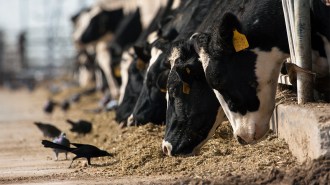 Health & Medicine
Health & MedicineBird flu has infected a person after spreading to cows. Here’s what to know
H5N1 has wreaked havoc on birds around the globe and occasionally made the jump to mammals, including cows. The risk to people remains low.
-
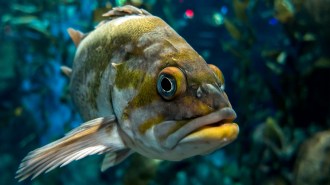 Animals
AnimalsEavesdropping on fish could help us keep better tabs on underwater worlds
Scientists are on a quest to log all the sounds of fish communication. The result could lead to better monitoring of ecosystems and fish behavior.
-
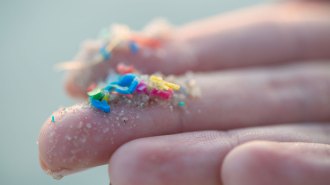 Health & Medicine
Health & MedicineA new study has linked microplastics to heart attacks and strokes. Here’s what we know
Patients with microplastics in their arteries were 4.5 times more likely to have a heart attack, stroke or die within the next three years.
By Meghan Rosen -
 Life
LifeDuring a total solar eclipse, some colors really pop. Here’s why
As a solar eclipse approaches totality and our eyes adjust to dimming light, our color vision changes. It’s called the Purkinje effect.
-
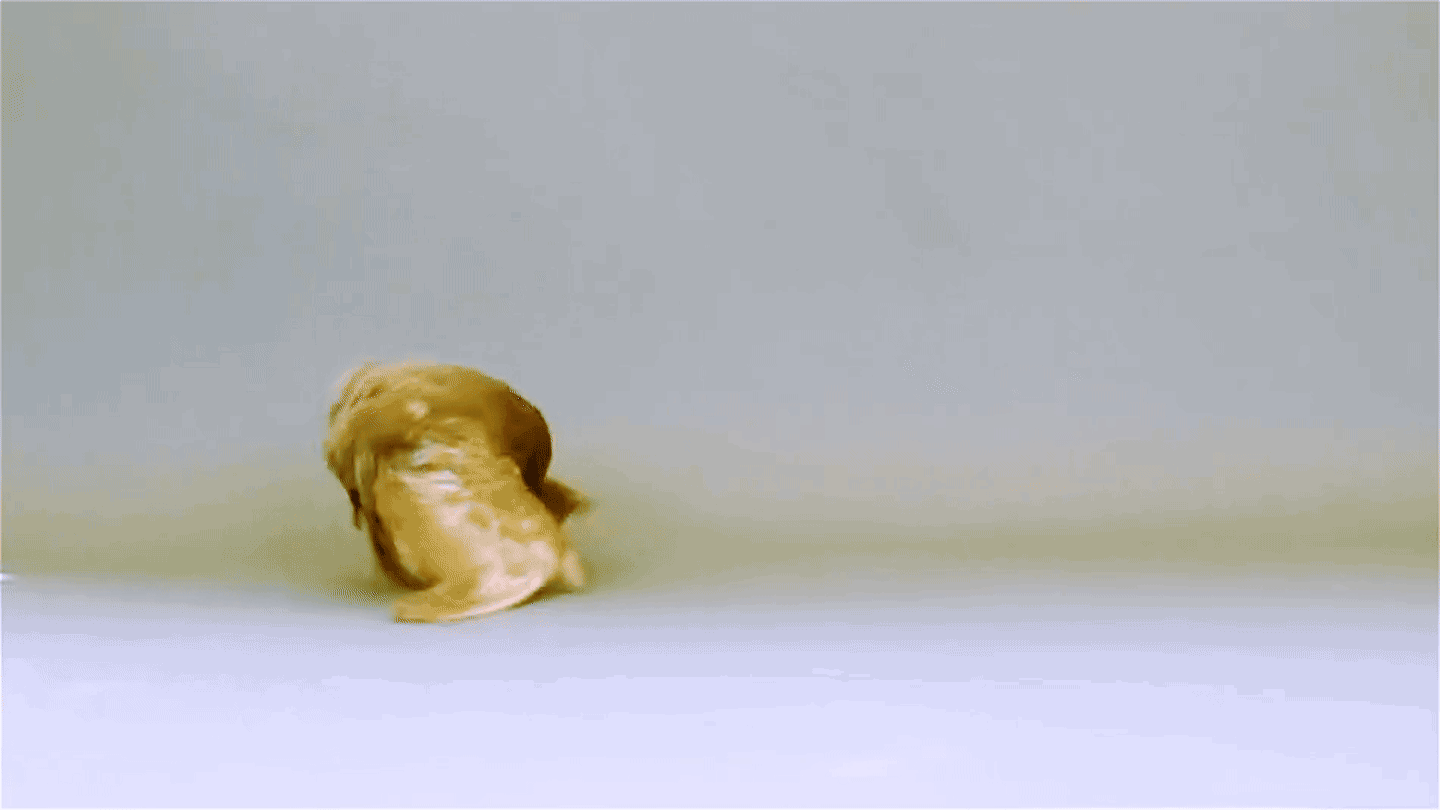 Genetics
GeneticsHere’s why some pigeons do backflips
Meet the scientist homing in on the genes involved in making parlor roller pigeons do backward somersaults.
-

Finally, scientists are making progress on long COVID
Editor in chief Nancy Shute discusses researchers' efforts to uncover long COVID's mysteries.
By Nancy Shute -
